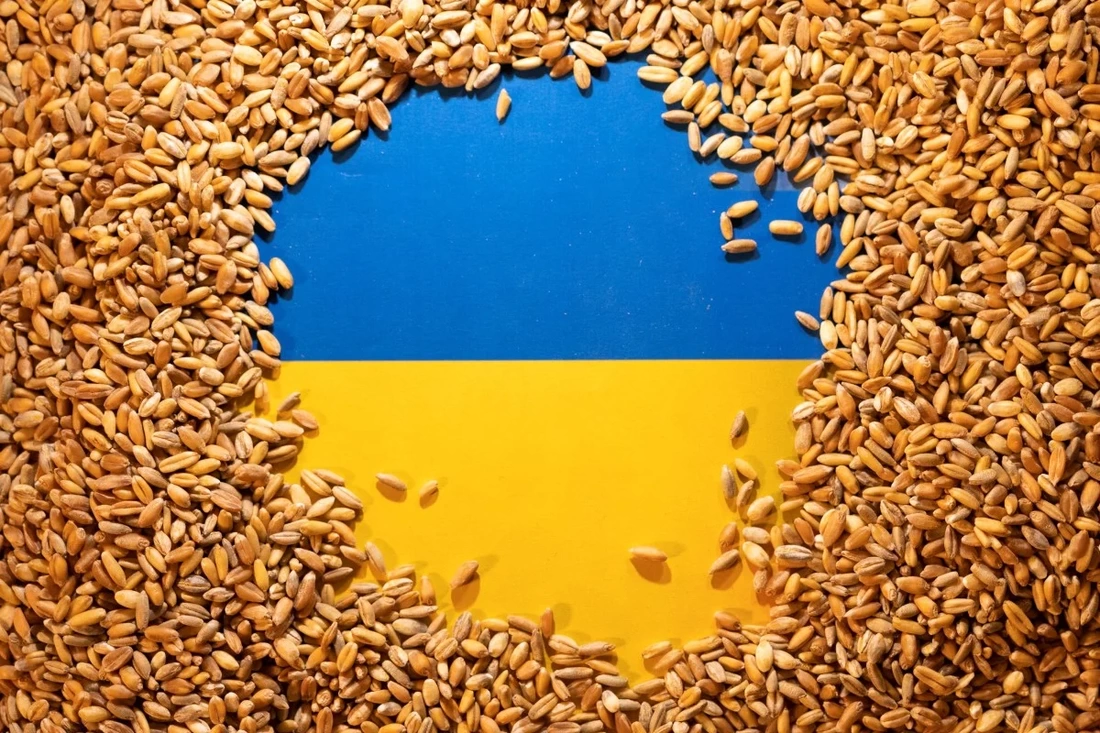
Not satisfied with raising Ukrainian cities to the ground, murdering innocent men, women and children, and capturing thousands of Ukrainians who are forcefully taken into Russia, Putin has now stolen 400,000 tons of Ukrainian grain.
Foreign Minister Dmytro Kuleba said that Putin’s theft of crops echoed the horrors of a 20th century famine imposed by dictator Joseph Stalin, when the Soviet regime deliberately starved up to 3.9 million Ukrainians to death by taking away their food and creating an artificial hunger. This he said is a continuation of Putin’s genocidal policy.
Back in London Australia’s outgoing high commissioner blasted ‘reluctance bordering on hostility’ by Whitehall civil servants to secure a post-Brexit agreement. He said top civil servants in the Whitehall establishment wanted to “maintain this whole culture of protectionism which was in complete variance from the Government’s priority. They were ‘in denial’ that Britain had left the EU”.
Mr Brandis praised former International Trade Secretary Liz Truss – now Foreign Secretary – who he said joined him in battle with Whitehall Chiefs. He said, there were three sides to the negotiations – Australia, Liz Truss and her team v Whitehall mandarins.
He also praised Boris Johnson for getting ‘the concept of the possibility of British greatness’. He said that Britain must break out from the mindset that has been inculcated by two generations of soporific, EU influenced agricultural policy, and find new markets. Just as Australia did when the UK joined the EU in 1973.
The Australia deal, signed last year, will unlock £10.4billion of additional trade; a major boost for Brexit Britain. This deal also allows Britons to work in Australia for up to three years.
Last week the Police, Crime, Sentencing and Courts Act was given Royal Assent. This legislation will help deter hare coursers by giving police forces the ability to seize more dogs and issue larger fines. It also means that those participating in unauthorized ‘encampments’ will be committing a criminal offence if they do not leave when asked by landowners. The police are now able to seize property, including vehicles.
At last, effective legislation which should enable farmers to keep ‘invaders’ off their land. It certainly gives the police some teeth with which to act instead of standing by helplessly as has been happening.
A lack of appreciation of the importance of food production in Government and wider society is fueling a mental health crisis among farmworkers, according to industry chiefs.
Jude McCann, chief executive of the farming Community Network (FCN), said “We need to normalize that we all need help at some stage in our lives.”
“The environment is very high on the agenda, but where are farmers in all of this? Society and Government needs to start appreciating farmers and the food they produce.”
For decades farmers have experienced financial worries, isolation, livestock diseases including Foot & Mouth and TB, which have devastated their precious herds and flocks. Tragically too many have seen no way out of their troubles other than to take their own life.
This problem is sadly increasing as the industry faces extraordinarily high input costs, including fuel, feed, fertiliser and sprays. There is also the additional short supply of labour both on the farm and in abattoirs.
It now appears that students at agricultural colleges, think the industry is under attack and take it to heart. They do not think there is the support of the public.
Craig Thompson, head of agriculture and countryside at Myerscough College, also pointed to the long hours as a possible reason why a higher number of students are suffering with mental health issues; saying the industry needed to ensure workers had a ‘sensible working-life balance’.
Brian Nutter, a sheep, and beef farmer said, “It is important to talk and open up. Hard men cry, soft men do not.”

 RSS Feed
RSS Feed